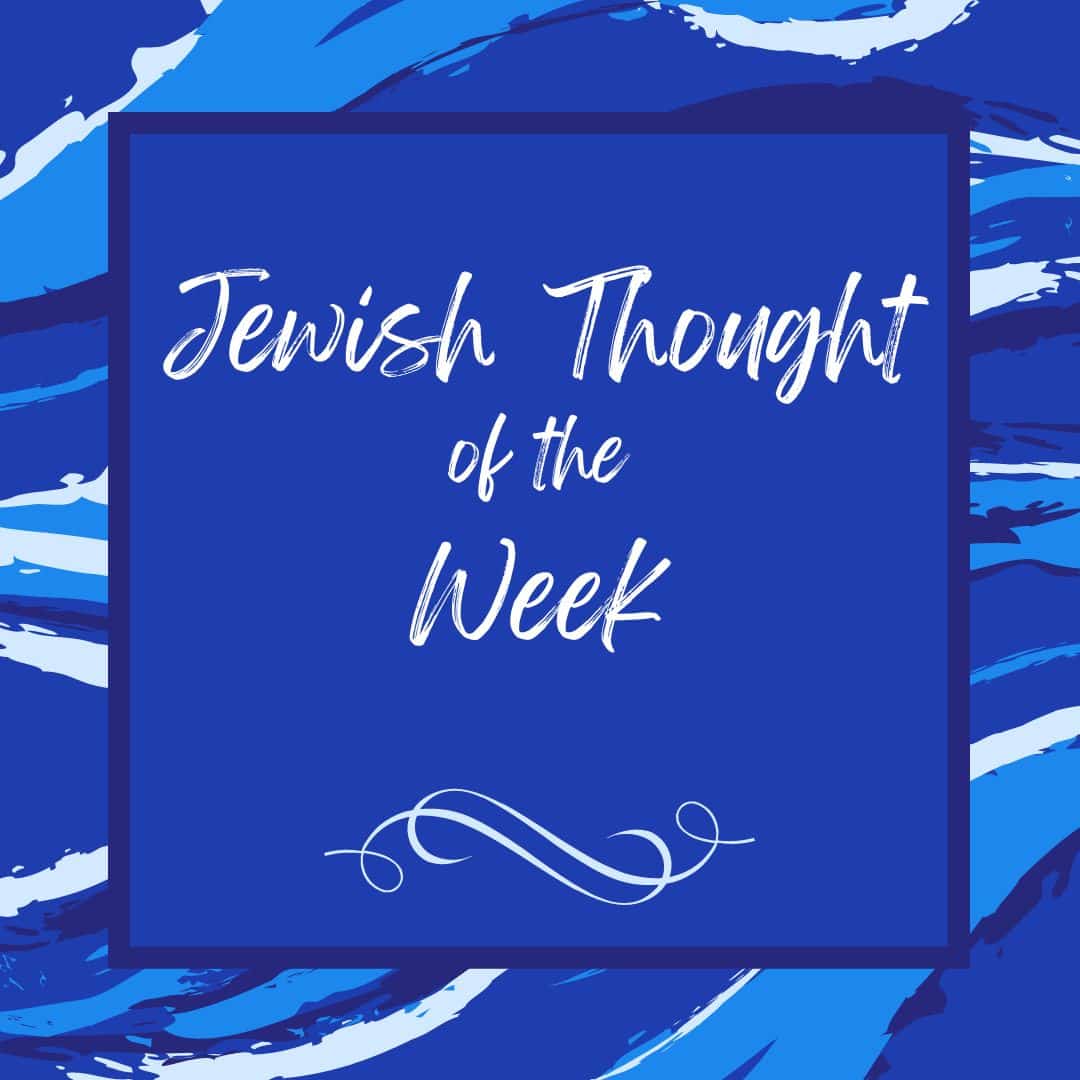By Mike Steklof, Ed.D.
Each year, I count the Omer, a Jewish ritual where individuals count the 49 days between the second night of Passover and Shavuot, with a mix of intentionality and imperfection. I try to remember each night, reflect on the sefirot (divine attributes), and hold space for the transformation that’s supposed to occur between freedom (Passover) and revelation (Shavuot). But this year, my Omer journey became unexpectedly physical.
On the first night of Passover, walking home from Hillel after our student-led seder, I didn’t realize a hole had begun to wear through my shoe. That hole caused a blister, which then burst, creating, as my doctor later explained, an open wound on the bottom of my foot. It was deep, it was painful, and it made walking difficult. Running, my go-to for exercise and mental clarity, was completely off the table.
As the day of the Omer progressed, so did the severity of my wound and I found myself frustrated. I run to relax and had been training to run toward “Sinai”, or at least the finish line at the Buffalo Marathon, and now I was unable to do either.
Each day, I counted the Omer and also counted the days since I last ran. Over time, I began to notice the parallels. The Omer is, at its core, a journey through discomfort. It’s a time of intentional growth, but that growth often comes through challenges. In Kabbalistic tradition, each week of the Omer is associated with a different middah (character trait): lovingkindness, discipline, balance, endurance, humility, bonding, and nobility. These aren’t passive qualities; they require effort and, sometimes, pain.
For me, this year’s Omer was about endurance (netzach) in the face of frustration, and humility (hod) in accepting the limits of my body. It was about recognizing that transformation doesn’t always look the way we expect it to.
A few days before Shavuot, my wound finally healed. The day after Shavuot, for the first time in 49 (well, 51) days, I went for a short, careful run. It wasn’t fast, but it was meaningful. I had arrived at my own personal Sinai not fully healed, but more whole.
We count the Omer not just to mark time, but to make time matter. This year, I truly felt each day of the Omer. And I’m grateful for the journey, hole in my foot and all.
Dr. Mike Steklof is the Executive Director of Hillel of Buffalo. Now that his foot has healed, you can often find him running through the streets of Amherst.

